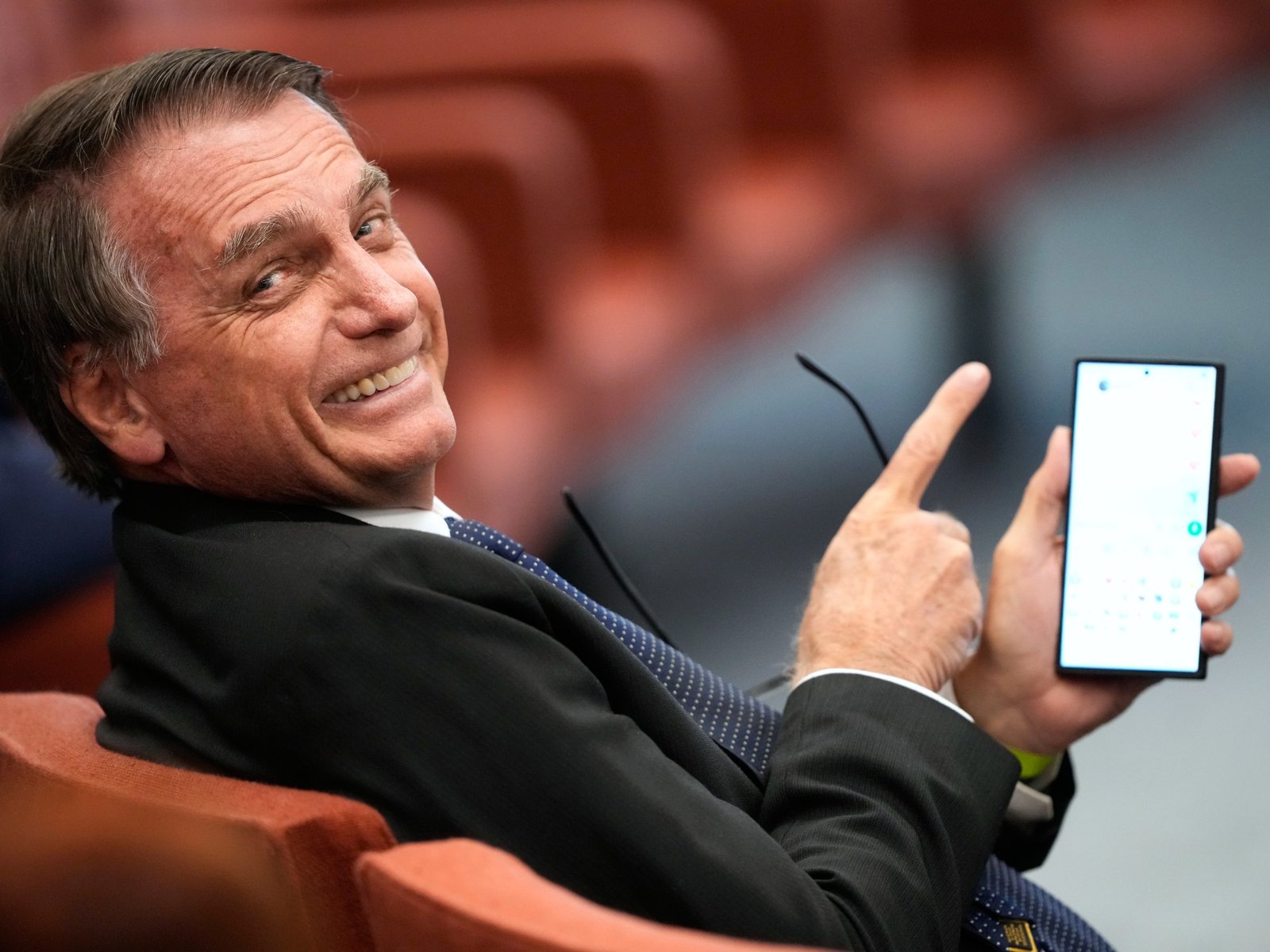In a striking development in U.S.-Brazil relations, President Donald Trump has been vocal about imposing personalized tariff increases on international trading partners. However, his recent correspondence with Brazilian President Luiz Inacio Lula da Silva diverges sharply from his usual format.
While Trump’s standard letters typically criticize foreign trade ties as “far from reciprocal,” his note to Lula took on a more confrontational and personalized tone. He declared that, in light of Brazil’s alleged “insidious attacks on Free Elections and the Free Speech Rights of Americans,” he would impose a hefty 50% tariff on Brazilian exports to the U.S., in addition to current sectoral tariffs. “This figure is substantially lower than what is truly necessary to ensure a level playing field between our nations,” Trump stressed, framing this action as essential to addressing perceived injustices by the current Brazilian government.
This letter represents the most aggressive stance yet from Trump in the ongoing tensions with Lula, particularly as he seeks to leverage trade pressures to influence Brazilian legal proceedings against Jair Bolsonaro, the far-right former president. Known as the “Trump of the Tropics,” Bolsonaro, who governed Brazil from 2019 to 2023, mirrors Trump in his refusal to acknowledge his electoral loss and has raised significant doubts regarding the integrity of Brazil’s voting system.
Bolsonaro’s contentious election loss to Lula in October 2022 led to legal challenges, violent protests by his supporters, and scrutiny over his actions that might amount to an attempted coup. Prosecutors allege that Bolsonaro conspired with associates to instigate a coup, potentially calling for a “state of siege” during his final days in office, and even discussed drastic measures such as poisoning Lula.
In response to these serious allegations, Bolsonaro and 33 co-defendants face charges, while he continuously claims political persecution in the wake of a federal police investigation that began in late 2024. His legal battles are unfolding amidst Trump’s own challenges, as the former president faces multiple criminal indictments tied to efforts to overturn the results of the 2020 election.
On social media, Trump recently expressed solidarity with Bolsonaro’s plight, likening it to his own legal troubles, and reaffirmed these sentiments in his stern letter announcing the tariff hikes. He characterized Brazil’s treatment of Bolsonaro as an “international disgrace” and called for an immediate cessation of the judicial proceedings against the former leader.
Furthermore, Trump ordered U.S. Trade Representative Jamieson Greer to investigate Brazil for unfair trade practices, underscoring his administration’s broader narrative of “unfair” trading conditions, even as trade statistics show the U.S. enjoys a surplus with Brazil.
As tensions escalate, Bolsonaro has publicly maintained his innocence, asserting that he remains a formidable presence in Brazilian politics, despite recent legal setbacks. Meanwhile, Lula has dismissed Trump’s tariff threats, stating, “The world has changed. We don’t want an emperor,” signaling a potential shift in diplomatic dynamics between the two nations in 2025.

